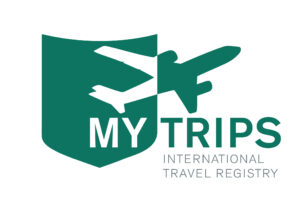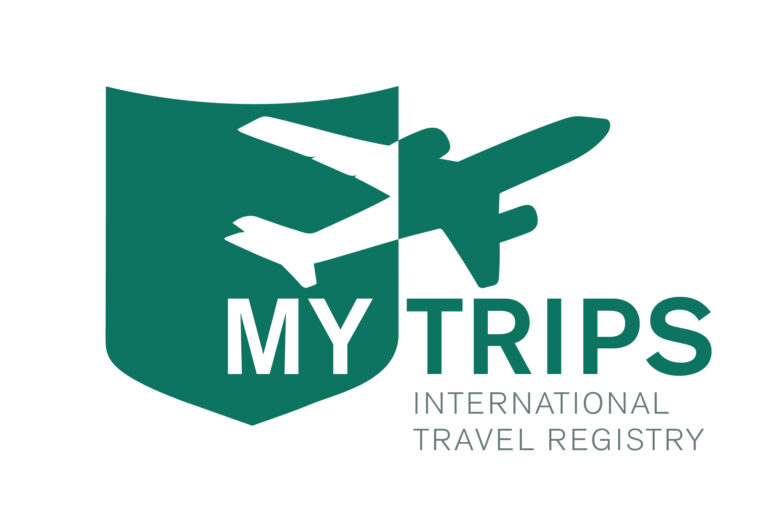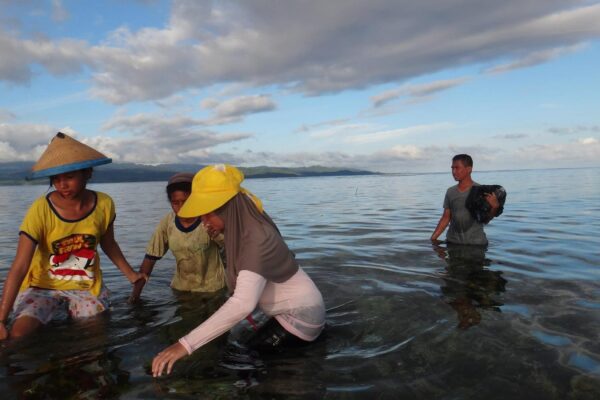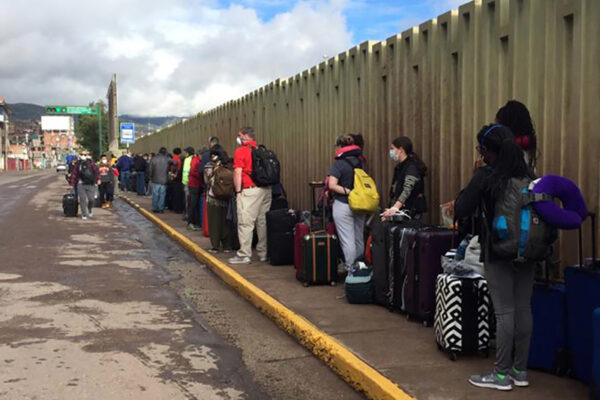
Washington University in St. Louis is committed to the health and well-being of its students, faculty and staff, both on campus and wherever in the world they might be working, studying or engaged in research. Last year alone, thousands traveled internationally on behalf of the university, which is wholly committed to their safety while they are away from home.
With this in mind, the university’s International Travel Oversight Committee (ITOC) partnered with International SOS, the world’s largest medical and travel security services firm, to implement the MyTrips international travel registry. Given this large number of travelers spread across the globe, and increasing occurrences of natural disasters, acts of violence, civil unrest and other untenable incidents, the university community can be adversely affected. MyTrips helps Washington University ensure community members’ security. Registration of all international trips is required so the university can provide assistance during a crisis or emergency while faculty, students and staff are abroad.
Now, the university is deepening its commitment to travel safety and support with a new feature launching Thursday, Aug. 1: TravelTracker Incident Support.
“As the chair of the International Travel Oversight Committee, I would like to express my appreciation to the WashU community for their ongoing utilization of the MyTrips international travel registry since its launch in early 2018,” said Benjamin Ola Akande, assistant vice chancellor for international affairs-Africa. “MyTrips has proven to be instructive for our students, faculty and staff as they travel globally to enhance their educational experience, conduct research or engage in important business.
“ITOC seeks to work together with traveling students, faculty, staff and the administrators who support them to provide helpful resources during all stages of the travel process — from initial planning and preparation, to active and completed travel,” Akande said. “The MyTrips travel registry drives our ability to do this. With the implementation of TravelTracker Incident Support, when the safety and security of our travelers are at risk internationally, the ability to track, alert and respond in a timely, coordinated manner is invaluable.”
The process is simple. After an itinerary is registered with MyTrips, it will automatically be linked to the TravelTracker system. If there is an incident or emergency where university faculty, staff or students are traveling, they will be alerted via email and text message and asked to respond. Once travelers report back, the level of assistance they may need will be assessed. Assessment results determine the type of action plan the university’s team of responders and International SOS may need to develop.
“As an institution we must continually strive to make the welfare of our travelers a top priority,” Akande said.
“Through TravelTracker Incident Support, we are doing just that. The ITOC, its campus and International SOS partners are continually working to improve the user experience, and offer tools that make utilizing MyTrips easier, such as features that allow travelers and their support personnel to forward itineraries received electronically from travel agents or online travel websites,” he said. “We welcome questions and value feedback about our travelers’ experiences and the effectiveness of our efforts to keep our community informed and safe while they are abroad taking on vital work.”
In the fall, ITOC will hold information sessions to provide an opportunity for community members to learn more about available international travel resources; things to consider when planning and preparing for travel; and to provide feedback.
For more information, visit global.wustl.edu/resources.




Comments and respectful dialogue are encouraged, but content will be moderated. Please, no personal attacks, obscenity or profanity, selling of commercial products, or endorsements of political candidates or positions. We reserve the right to remove any inappropriate comments. We also cannot address individual medical concerns or provide medical advice in this forum.